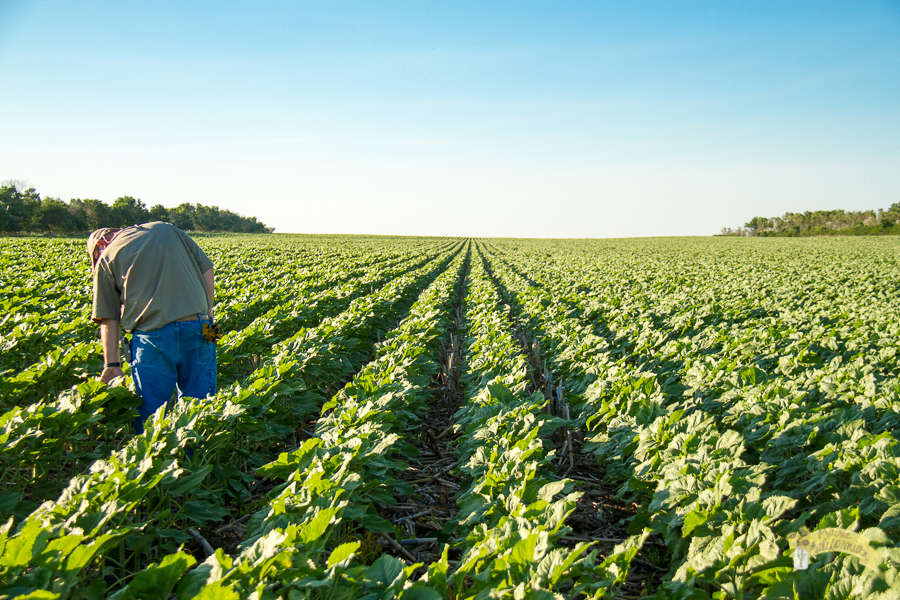
What's an agronomist?
An agronomist is a professional who applies scientific expertise and approaches to the administration and production of crops. Agronomists work in a number of settings, from farms and ranches to government organizations and private firms. They might also do the job in research laboratories or educate at colleges and universities.
Most agronomists have no less than a bachelor's diploma in agronomy or even a related subject, like agricultural science or soil science. Lots of agronomists also have master's degrees or doctorates. The precise nature of an agronomist's position is dependent upon his or her specialty and employer.
Agronomists Perform a vital purpose in ensuring that crops are healthier and productive. They use their familiarity with plant science to establish techniques to further improve crop yield, battle pests and diseases, and preserve water and also other resources.
The role of an agronomist
is to help the earth meet its increasing food output needs. Based on the U.S. Bureau of Labor Studies (BLS), employment for agronomists here is anticipated to increase quicker than average, with openings as a consequence of development and alternative requirements.
The work of the agronomist
is difficult and fulfilling, with agronomists normally being involved in study and schooling.
The education and learning of an agronomist
Agronomists want not less than a bachelor's degree in agronomy or associated area from an view more accredited uni.
The way forward for agronomy
Agronomists help to make certain the world's population has sufficient foodstuff, plus they perform to view more further improve crop yields and cut down agriculture's impact on the environment. The BLS says that agronomists are in demand, but Competitiveness for Work is likely to become strong.
Conclusion
Agronomists are concerned with the study of plants, and so they function in a number of fields, from agricultural study to raising crops. Agronomists are required to make sure that crops are produced for consumption, but they also help produce biofuels as well as other plant-based products.